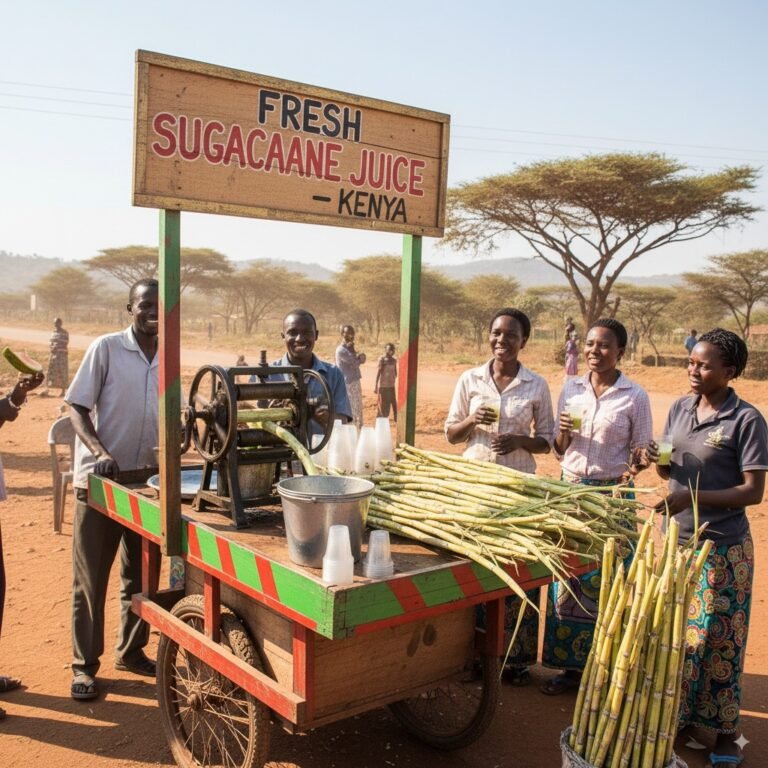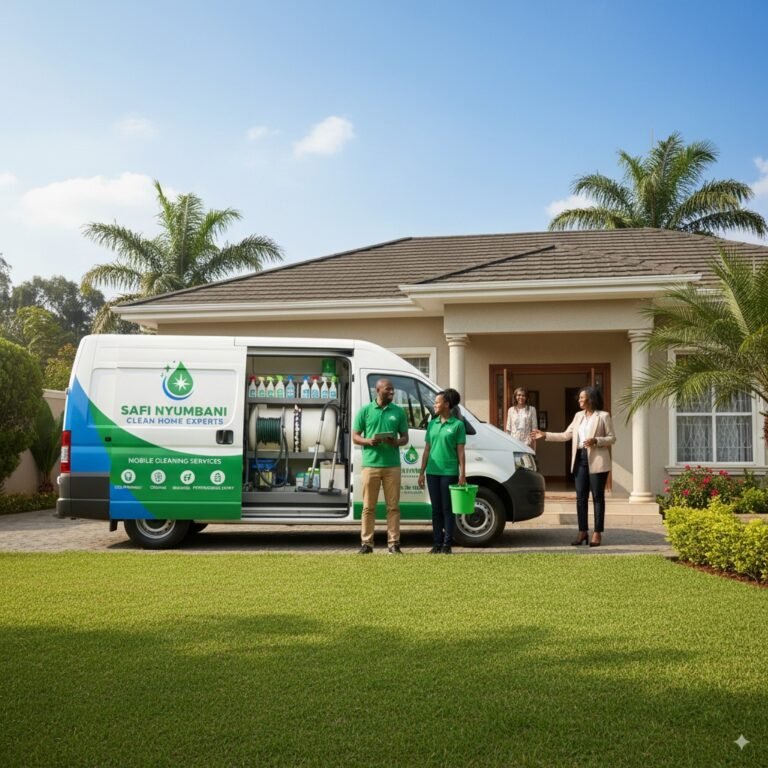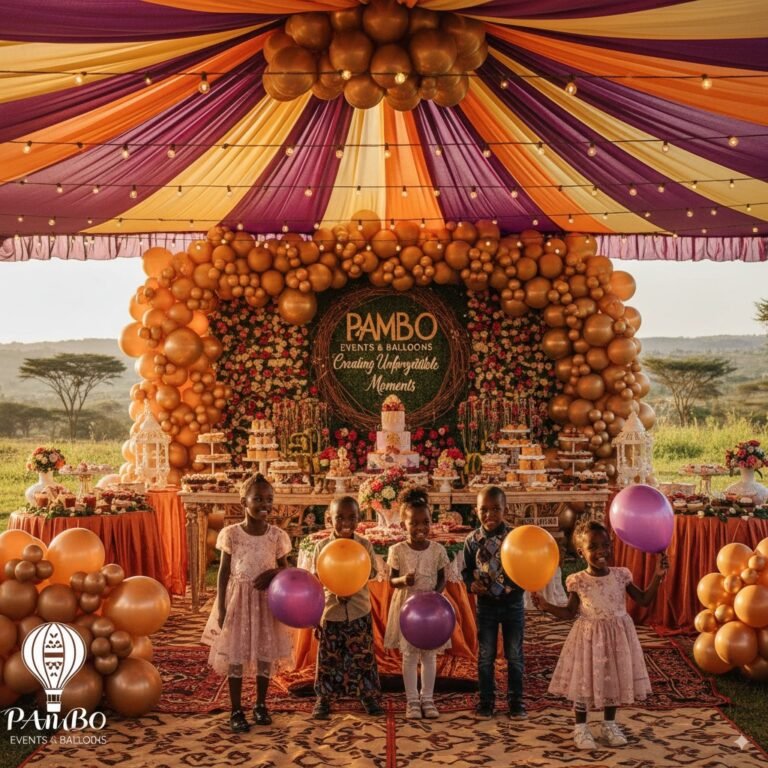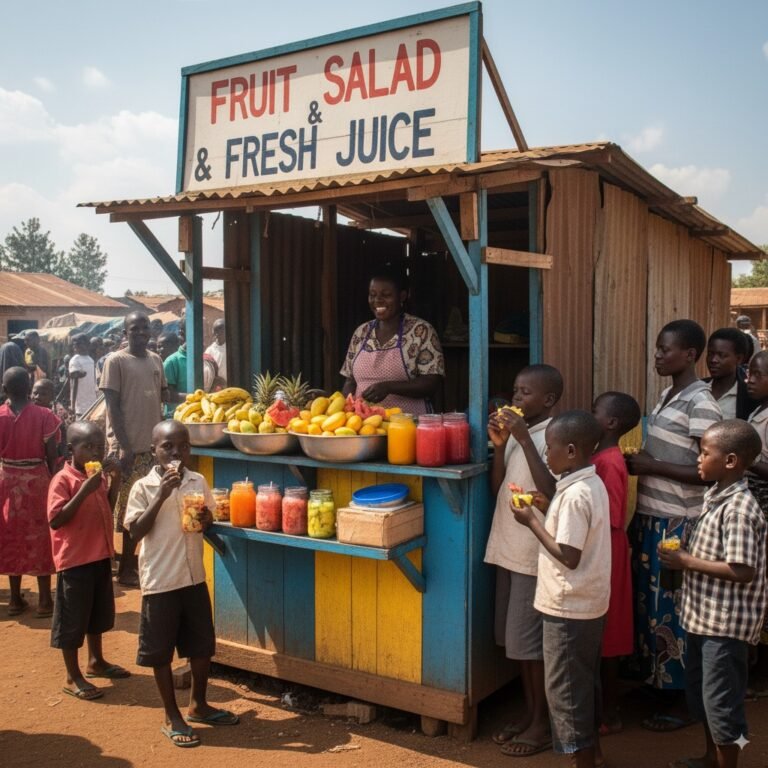How to Start a Peanut Butter Small-Batch Business in Kenya
Introduction
The peanut butter business in Kenya is a growing opportunity as more households embrace healthier eating habits. Known locally as njugu butter, peanut butter is popular with children, health-conscious buyers, and families who enjoy it with bread, chapati, or porridge. Unlike imported brands, locally produced small-batch peanut butter is more affordable and fresher, giving resellers and producers an edge in the market. With minimal equipment and access to njugu karanga (roasted groundnuts), you can start a small-scale peanut butter production business right from your kitchen.
Startup Costs 💰
This hustle is relatively affordable, and you can begin with home-based production before scaling.
- Capital Needed: KES 8,000 – 20,000
- Key Expenses:
- Roasted groundnuts (raw stock) — KES 3,000 – 8,000
- Small grinding/blending machine — KES 3,000 – 6,000
- Packaging jars (plastic or glass) — KES 1,500 – 3,000
- Labels and branding — KES 500 – 1,000
- Marketing (social media posts, flyers) — KES 500 – 1,000
💡 Tip: Start with a simple grinder or heavy-duty blender, then upgrade to a peanut butter-making machine as sales increase.
Why This Business Works ✅
- Rising Health Awareness: Peanut butter is a protein-rich, sugar-free alternative to jam.
- Daily Consumption: Families use it regularly for breakfast and snacks.
- Affordable Production: Ingredients and equipment are low-cost.
- Premium Pricing: Homemade peanut butter sells at higher profit margins.
- Repeat Customers: Once buyers love your taste, they’ll keep coming back.
Step-by-Step Setup 🛠️
1. Source Quality Groundnuts
- Buy njugu karanga from wholesale markets.
- Ensure they are clean, fresh, and aflatoxin-free.
2. Roast & Prepare
- Roast peanuts until golden brown.
- Remove husks for a smooth texture.
3. Grind into Peanut Butter
- Use a blender, grinder, or peanut butter-making machine.
- Add optional ingredients like honey, cocoa, or salt (depending on customer preference).
4. Package Neatly
- Use airtight plastic or glass jars (250g, 500g, 1kg).
- Seal tightly to maintain freshness.
- Add labels showing ingredients and “No Preservatives.”
5. Sell & Distribute
- Direct to households.
- At supermarkets, kiosks, and health shops.
- Online via WhatsApp, Jumia, or Facebook.
Profit Breakdown 📊
Example:
- Buy 10kg of peanuts at KES 300/kg = KES 3,000.
- Yields ~8kg of peanut butter.
- Package into 16 jars of 500g.
- Sell each jar at KES 350 = KES 5,600.
- Profit = KES 2,600 per batch.
Scaling to 50kg of peanuts monthly:
- Buy at KES 15,000.
- Sell jars worth KES 28,000.
- Profit = KES 13,000+ per month.
👉 With consistent sales, monthly earnings can grow to KES 30,000 – 50,000.
Challenges & How to Overcome Them ⚠️
- Aflatoxin Concerns: Poor-quality peanuts can harm customers.
- Solution: Always source from trusted suppliers and test for quality.
- Competition with Big Brands: Supermarkets stock popular brands.
- Solution: Differentiate with freshness, affordability, and natural ingredients.
- Short Shelf Life: Homemade peanut butter may spoil faster.
- Solution: Sell in small batches and use airtight packaging.
- Scaling Production: Hand grinding limits capacity.
- Solution: Upgrade to a dedicated peanut butter-making machine as you grow.
Tips to Grow 🚀
- Offer flavored peanut butter (honey, chocolate, crunchy).
- Partner with schools and health shops.
- Use social media marketing to attract health-conscious customers.
- Expand into supermarket distribution once you meet packaging standards.
- Brand your product with a catchy name like “NutriGold Peanut Butter Kenya.”
Frequently Asked Questions (FAQ) ❓
Q: How much capital do I need to start a peanut butter business in Kenya?
A: With KES 8,000 – 20,000, you can buy peanuts, a grinder, jars, and start production.
Q: How profitable is peanut butter production?
A: Profits are 40–60%. Monthly earnings can reach KES 30,000 – 50,000.
Q: Do I need a license to sell?
A: For small-scale sales, not immediately. For supermarkets, you’ll need KEBS certification.
Q: Where can I sell peanut butter?
A: Estates, schools, health shops, supermarkets, and online platforms.
Conclusion
The peanut butter small-batch business in Kenya is a profitable, health-focused hustle that requires low startup capital. With KES 8,000 – 20,000, you can roast groundnuts, grind them into peanut butter, package neatly, and sell directly to households or shops. By focusing on quality, hygiene, and branding, you can grow from a kitchen setup to a recognized Kenyan peanut butter brand.
👉 Explore more hustler-friendly opportunities in the Business Ideas Hub — with over 50+ small businesses you can start today.







